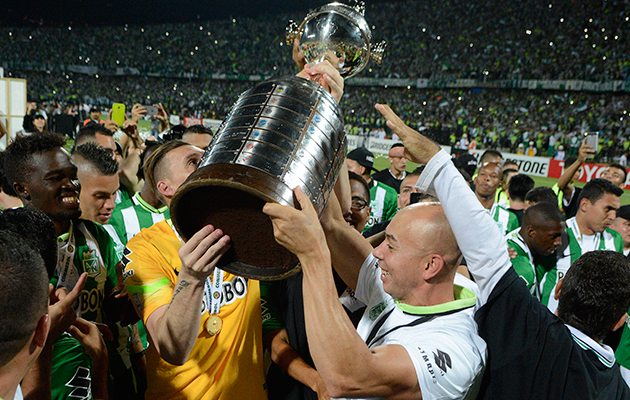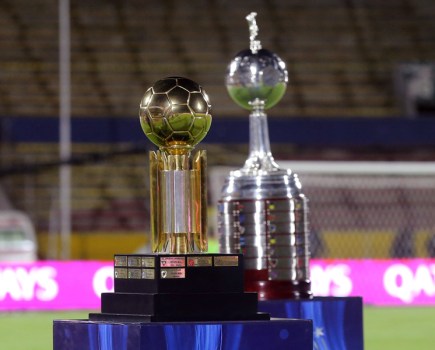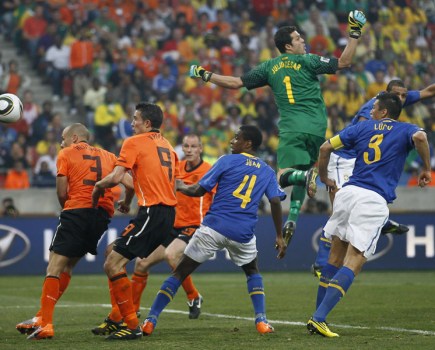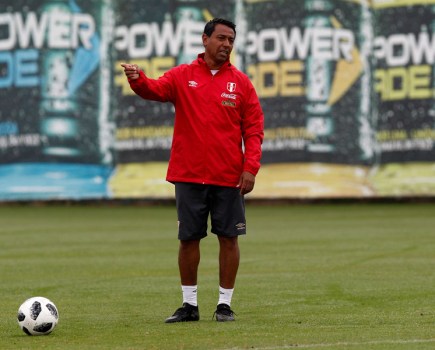The distance between Buenos Aires and Mexico City is further than that between London and many cities in India. Throw in the trek further north to Montreal or Toronto, and the impediment to a Champions League of the Americas is obvious. North and South are in different hemispheres, and the travelling time between them would be immense.
But for all the logistical obstacles, there are grounds to believe that some might be willing to go the extra miles to make such a project work.
The synergies are clear. To the north, there is Major League Soccer – consolidated and growing (in no small part due to South American talent) but lacking the credibility that only tradition can supply.
To the south, there is tradition in spades. But none of the momentum that the MLS enjoys. South American club football is in a bad way. The national teams are strong, benefiting from an improved calendar over the last 20 years and also from the very process that has so weakened the domestic game – the constant sale of players. Why should Ecuadorians still carry a footballing inferiority complex when Luis Antonio Valencia is such an established figure with one of Europe’s giants? The likes of Valencia and his compatriots pick up experience and acquire self esteem abroad, and then use it in the service of the national team. The club game, meanwhile, flounders.
The annual match against the champions of Europe used to be eagerly awaited by the South American representative as a chance to show off superior skills. These days, however, the Club World Cup has become something of a horror show – an annual reminder that the South American champions are not necessarily any better than those of the less traditional continents, and that South American club football threatens a dangerous flirtation with irrelevance.

Arturo Vidal and Alexis Sanchez in action in the Champions League.
In the wake of the recent corruption investigations, and panic stricken by the prospect of the clubs breaking away to form their own competition, Conmebol this year revamped the Copa Libertadores. As ever, though, haste has proved the enemy of perfection. There are many questionable aspects about the new calendar – not least the danger that the new, year-long competition might lose its best players during the European summer transfer window. A certain slackness of thinking emerged last Tuesday, the day of the grand kick off of the group phase. The opening game, Deportes Iquique of Chile against Guarani of Paraguay, coincided with Champions League matches involving Real Madrid, Napoli, Bayern Munich and Arsenal. Even many Chilean fans must have been tempted to watch the likes of Arturo Vidal and Alexis Sanchez on the other side of the Atlantic rather than the local game involving Iquique.
Conmebol changed the calendar of the competition – previously crammed into one semester, now going on until the end of November – without due consultation. This had dangerous consequences. Citing incompatibility of calendars, the Mexican clubs pulled out. Given the huge size of the Mexican TV market, this should lead to a considerable loss of revenue – at a time when Conmebol are under pressure to distribute more money to the clubs.
Mexico has had a foot in both camps. The country belongs in North America, and takes part in the Concacaf Champions League, which its clubs invariably win. But from 1998 until last year, their clubs were also invited into the Libertadores, giving them the experience of playing the traditional giants from South America. This was relished, but the drawbacks came from their guest status; there was a feeling that they should not overstay their welcome and actually win the trophy, leaving the Mexicans occasionally unhappy about refereeing decisions.
For Mexican clubs, then, there is a clear advantage in favour of a Champions League for the Americas. It would grant them access to matches against the big South American teams, but as equal partners rather than guests.
It might also help that they sit in the middle of the map, without having to make the epic voyages that would be necessary, for example, for a team from Argentina to meet MLS rivals. Future developments may well put to the test the willingness of these teams to make such a journey.






